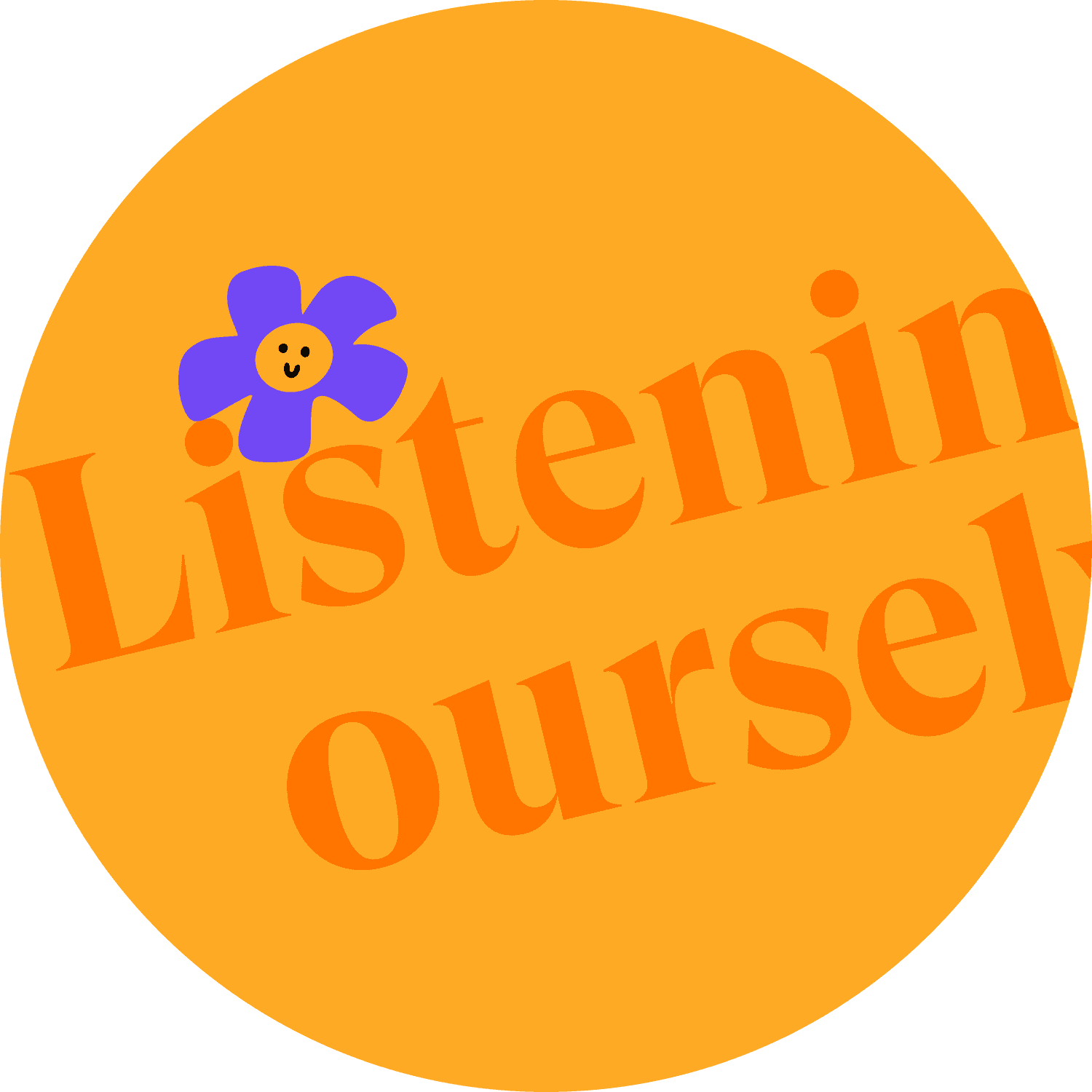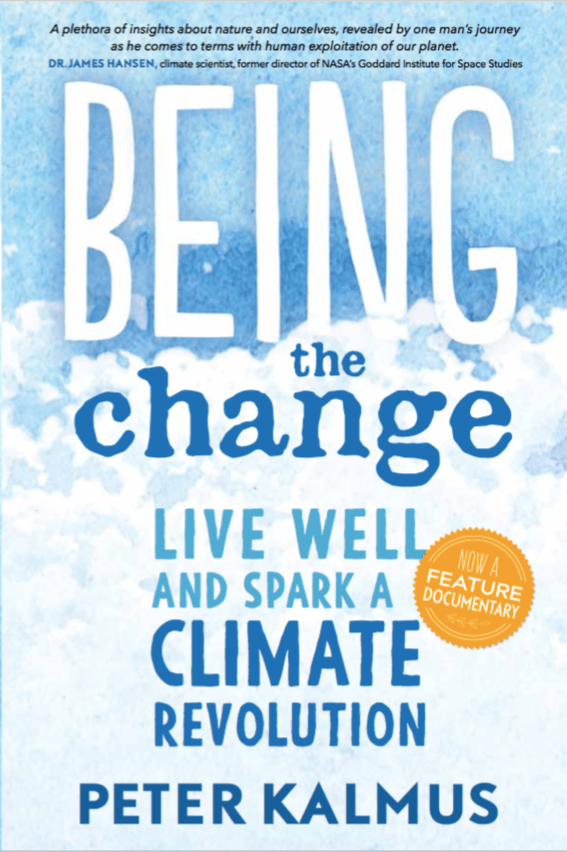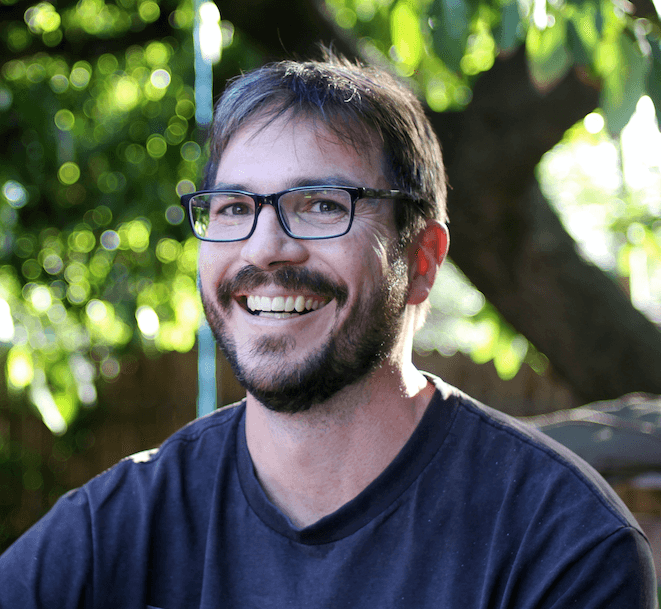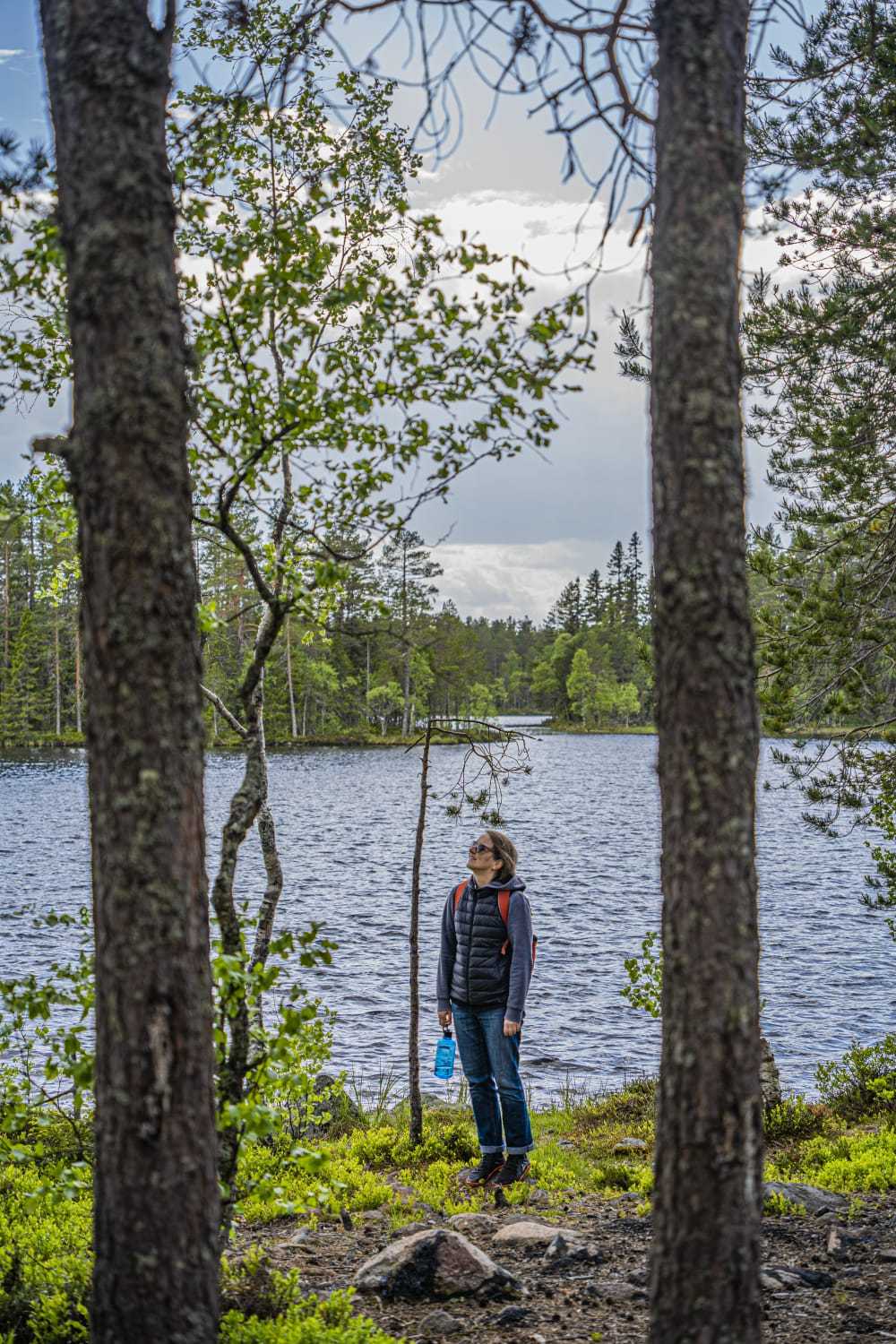
Interview | Peter Kalmus: Climate Scientist, Activist, and Author
Dr. Peter Kalmus is busy. As well as being a climate scientist at NASA in times of obvious climate breakdown, he is also a tireless activist raising awareness about the urgent need for climate action. It’s not uncommon these days for scientists to turn activist, but Peter Kalmus practices what he preaches. That’s how he became the “meditating, gardening, bicycling, non-flying, chicken keeping, beekeeping Earth scientist”, living on one tenth the fossil fuel used by the average American.

In 2017, he published Being the Change: Live Well and Spark a Climate Revolution – what sounded like a very serious hobby project. These dense, heavily-referenced 300-plus pages explain the science behind the climate crisis, and document his personal journey to a low-carbon lifestyle (reminder: burning fossil fuels is what’s causing climate change!). This refreshing and heartening reaction to the business-as-usual attitude of the world at large explores questions like: How can we, as individuals, respond to the climate crisis? What can we do right here, right now, with what we have? How can we live happy and fulfilling lives in the shadow of global warming?
Surprised to discover that flying was by far the most damaging source of carbon emissions – 70% of his annual emissions, with food coming in second – Kalmus stopped flying, drastically reducing his carbon footprint. Subsequently, by cycling more and growing a garden, alongside other small but significant domestic changes (composting, line-drying clothes, etc), he slashed another 20% of his carbon emissions. From 20 metric tons he got to less than two tonnes of CO2 per year (one tenth of the US average).
But a low-carbon lifestyle entails more than just cutting emissions. For Kalmus it’s also about growing communities; helping neighbours, schools, and churches use less fossil fuel; reconnecting with the land; experimenting; opposing dominant cultural norms; and finding solutions for rapid transition to a system that works for everyone.
Being the Change perfectly illustrates what the power of the individual could look like in tackling our species’ current existential predicament (“No guilt, just roll up those sleeves and do all you can”). In the process, Kalmus and his family discovered that a low carbon lifestyle is “surprisingly satisfying and empowering”, more enjoyable than people may imagine.
To increase the public’s climate urgency, in order to accelerate large-scale political action, Kalmus founded side projects like No Fly Climate Sci (a place for those who fly less to share their stories, and in so doing realise they aren’t alone), the Earth Hero app and Climate Beer, two projects intended to get people talking about the climate. His Climate Human Twitter account is a hub buzzing with facts, initiatives, and an all-encompassing sense of urgency.
Since the IPCC report published in October 2018, Kalmus – who embodies a positive vision of a low-carbon future – caught the attention of even more media outlets, conferences, and individuals interested in hearing about his transformative journey.
When he agreed to answer a few questions for Ethical.net we were truly excited. So, without further ado, here he is, speaking climate truth:

What was the most challenging aspect of the transition to the low-carbon lifestyle, for you personally, and for your immediate family?
Not flying anymore was the hardest; it is the only thing I’ve done that I would count as a sacrifice. Although, I had been flying far too much, like 50,000 miles per year for a year or two before I stopped, almost all of it for my scientific work. If there were carbon-free planes I’d probably fly, but less than 10,000 miles per year. I like being part of my community, and spending more time with my family.
In Being the Change you talk about slashing 90% of personal emissions. Have you cut more since? Are you aiming for zero emissions, or do you think it’s impossible in the (Western!) world as we know it?
No, I’m still at about the same level. I don’t know of a single human living with zero emissions. A lot of systems need to be changed (food, transportation, clothing, energy) before it will be possible to get to zero, unfortunately.
A recent BBC article quoted Hans Schellnhuber (of the Potsdam Climate Institute) stating that, “While the world can’t be healed within the next few years, it may be fatally wounded by negligence until 2020″. Are the next 18 months crucial? Any advice on how to get more people on board for this challenge?
I actually feel, at this point, that every single day is crucial. It’s amazing to think that what we do (or do not do) in the next few years will have ripples far into the future, maybe even millions of years, as that is the timescale for biodiversity recovery after a mass extinction. The key to getting more people on board for the massive climate mobilisation is grassroots activism. Join Extinction Rebellion, climate strike, write and talk, get arrested. Do it all joyously. Now is the time. There’s nothing more meaningful to do right now.
What should citizens and their leaders do in a state of climate emergency?
Simple: we should act like it’s a climate emergency! For example we should all be flying less. We should all be protesting. We should all be making climate our top voting issue.
You talk beautifully about the power of community in your personal journey. Is most of your free time taken up by the “biosphere of human community”? Is community at the heart of the systemic change we aim for?
Wow, that’s a deep question. Yes, more and more of my time is just connecting to people, and building community. For me, now, my intersecting communities feel truly global. This was a surprise over the last few years. I’ve gone so far from the local community garden and the local Transition group. Now I talk to people around the world – and even though I haven’t ever met them face to face, we have an incredible trust, bond, and friendship based on our mutual respect as co-leaders in the global climate revolution.
“Going vegan is more important than flying less” or “that plane is gonna fly anyway” are two of the most frequent rejoinders to flying less or not flying. I tend to answer “Not really”, and I notice people won’t continue the conversation. Do you have a better answer to keep the conversation going?
Yes. The most important thing any one of us can do right now is to use our voice. I think of flying less, or going vegan, or anything in terms of using less fossil fuel are simply ways to make our voices more powerful. We need to shift the culture in order to unlock collective action and systems change. So, reframe the question, like that, and all these annoying competitions between ways of using less fossil fuel go away.
That said, even one transatlantic flight has more climate impact than a year of eating meat – but we should be doing both! It doesn’t have to be either/or. And to people who say “the plane is flying anyway,” you’re just as wrong as 2+2=5. They fly planes based on how much demand there is. But anyway, remember: it’s not about the direct emissions reduction. It’s all about communicating emergency to shift the culture.
Meditation is a great way to maintain sanity in trying times, but do you have other suggestions for those who haven’t mastered it yet?
Do it every day without fail.
We’re past debating the climate crisis; that conversation wastes time. But what’s the quickest and least painful way to deal with a climate-change denier?
Walk away. In all seriousness. You will not get through to them. Focus instead on the “soft deniers,” those who agree but who aren’t yet doing anything. There are way more of them, anyway.
How good or bad is techno-optimism these days?
It’s as big a problem as ever. We can’t get out of this crisis with the same thinking that got us into it. We actually have to reduce our consumption of energy, even as we use technology to transition 100% away from fossil fuels. The world will not look the same. For example, as much as it makes the techno-optimists heads explode, we will need to use wind to power ships. And it’s not clear when or if we’ll get carbon-free commercial aviation. Just because we want something doesn’t mean, necessarily, that we can have it.
Which organisations do you encourage people to join in order to make a difference by volunteering or donating?
Extinction Rebellion, Fridays for Future, and Sunrise Movement.
Any questions nobody asks climate scientists, but which you think they should?
“How do you feel?”
Answer: “Terrified.”
What gives you hope in the year 2019? What terrifies you?
The only real hope I’ve had over 13 years of climate activism is the surge in grassroots action over the last year. Other than that, pretty much every aspect of climate and ecological breakdown terrifies me: heatwaves, fires, dead coral reefs, dead forests, waves of hundreds of millions of climate migrants, authoritarian regimes and climate wars, not having enough food.
What’s next for you? Are you working on a new book?
Yes, I’m working on my second book. I can’t wait to start talking about it, but that will need to wait! Also, a climate app, which is kind of in the same boat. I have a lot of projects – I throw a lot against the proverbial wall to see what sticks. Everything I do is about shifting the culture as fast as possible, and convincing everyone that, yes, this is an emergency!
Read and listen more about Peter’s journey and experience here.
The first chapters of Being the Change are now available online for everyone to read.
Featured photo by Linus Nylund on Unsplash
Earth.fm is a completely free streaming service of 1000+ nature sounds from around the world, offering natural soundscapes and guided meditations for people who wish to listen to nature, relax, and become more connected. Launched in 2022, Earth.fm is a non-profit and a 1% for the Planet Environmental Partner.
Check out our recordings of nature ambience from sound recordists and artists spanning the globe, our thematic playlists of immersive soundscapes and our Wind Is the Original Radio podcast.
You can join the Earth.fm family by signing up for our newsletter of weekly inspiration for your precious ears, or become a member to enjoy the extra Earth.fm features and goodies and support us on our mission.
Subscription fees contribute to growing our library of authentic nature sounds, research into topics like noise pollution and the connection between nature and mental wellbeing, as well as funding grants that support emerging nature sound recordists from underprivileged communities.

